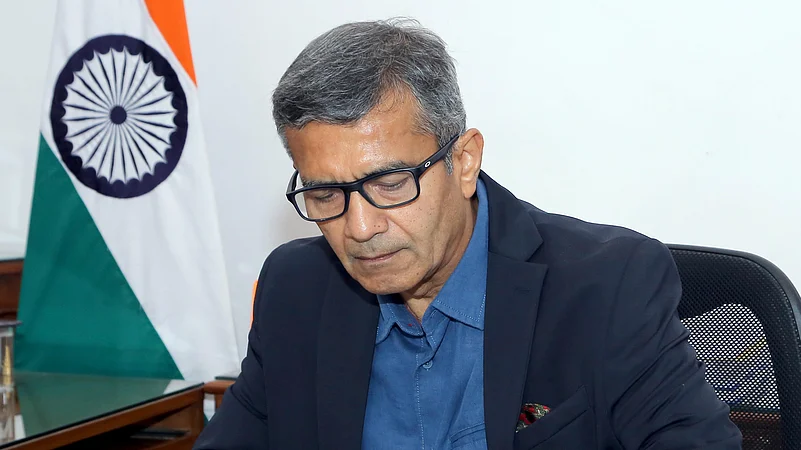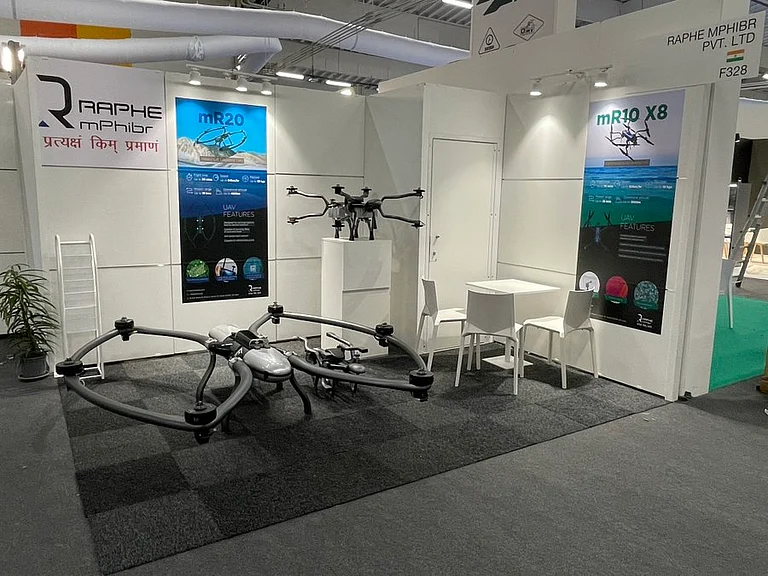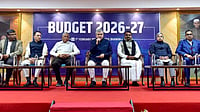
Defence Secretary Rajesh Kumar Singh flagged procurement delays as a major hurdle for India’s defence tech start-ups, especially after prototype development
The Ministry of Defence will roll out a new policy within 3–4 months to create a dedicated procurement window for start-ups, expanding beyond the existing iDEX scheme
Singh also pointed to critical gaps in defence manufacturing, particularly in engine production
Highlighting procurement delays as a key challenge for India’s defence tech ecosystem, Defence Secretary Rajesh Kumar Singh on Thursday said the Ministry of Defence will introduce a dedicated procurement window to address the issue for start-ups.
“The real challenge for startups comes after prototype development, as there is often no clear path to follow-on orders. We are reforming procurement procedures to address this, and within the next 3–4 months, we will release a new policy creating a dedicated procurement window for startups, going beyond the current iDEX scheme,” said the Defence Secretary.
Singh highlighted existing critical gaps in defence manufacturing, with engines being the most notable.
He said the defence ministry has initiated a marine engine project with one of India’s leading industrial houses. However, jet engines still require a breakthrough, he noted, suggesting that defence start-ups could begin by working on smaller jet engines or ramjet technologies.
“We also want to reform the Defence Acquisition Procedure (DAP) to reduce delays. Currently, it takes 3–4 years from requirement acceptance to contract signing, even for complex platforms. Our aim is to bring this down to under two years,” added Singh.
Defence Public Sector Units (DPSUs) continue to play a pivotal role in the sector, accounting for around 78% of the total defence production value of ₹1.4 lakh crore in 2024–25, according to ORF data.
To better balance the roles of DPSUs and start-ups, the Defence Secretary said the MoD is moving away from the “nomination” system, which created monopolies by mandating orders through specific public sector units.
“On PSU–startup collaboration; one challenge is the incumbency advantage that DPSUs have enjoyed, along with a degree of monopolistic control. In the past, companies like HAL had a “right of first refusal” on any requirement from the services. We are trying to dismantle such monopoly barriers. This will also require a culture change within DPSUs, because sometimes they attempt to manufacture solutions themselves — using taxpayer money even when a ready, cost-effective private sector product exists,” he said.
According to the current data, domestic defence production was worth ₹1.5 lakh crore, with the private sector contributing about 23%. But in exports, the private sector’s share was over 60% ₹23,000 crore out of the total.
Noting the data, the MoD Secretary said it highlighted two points; defence exports are not inherently too complex, and the private sector has the agility to tap international markets.
Speaking about the challenges in defence exports, Singh pointed to issues such as licensing, procedural formalities, and clearances from the Ministry of External Affairs, among others.
“We are addressing these by simplifying processes, establishing a single-point contact in the Department of Defence Production, and streamlining export clearances. Our target is ₹50,000 crore in exports by 2030, and we are on track,” he said.
The Defence Secretary was speaking at the Accel Advanced Manufacturing Summit 2025 –Delhi Edition, on the eve of Independence Day.

































